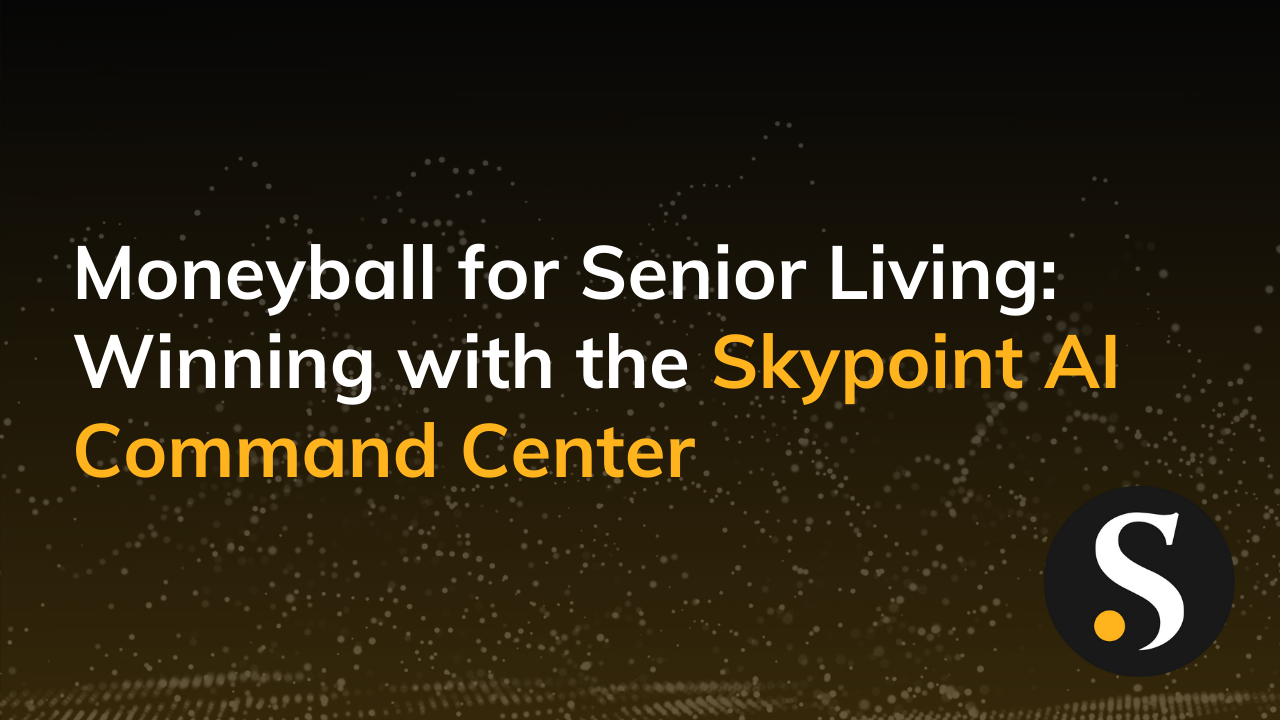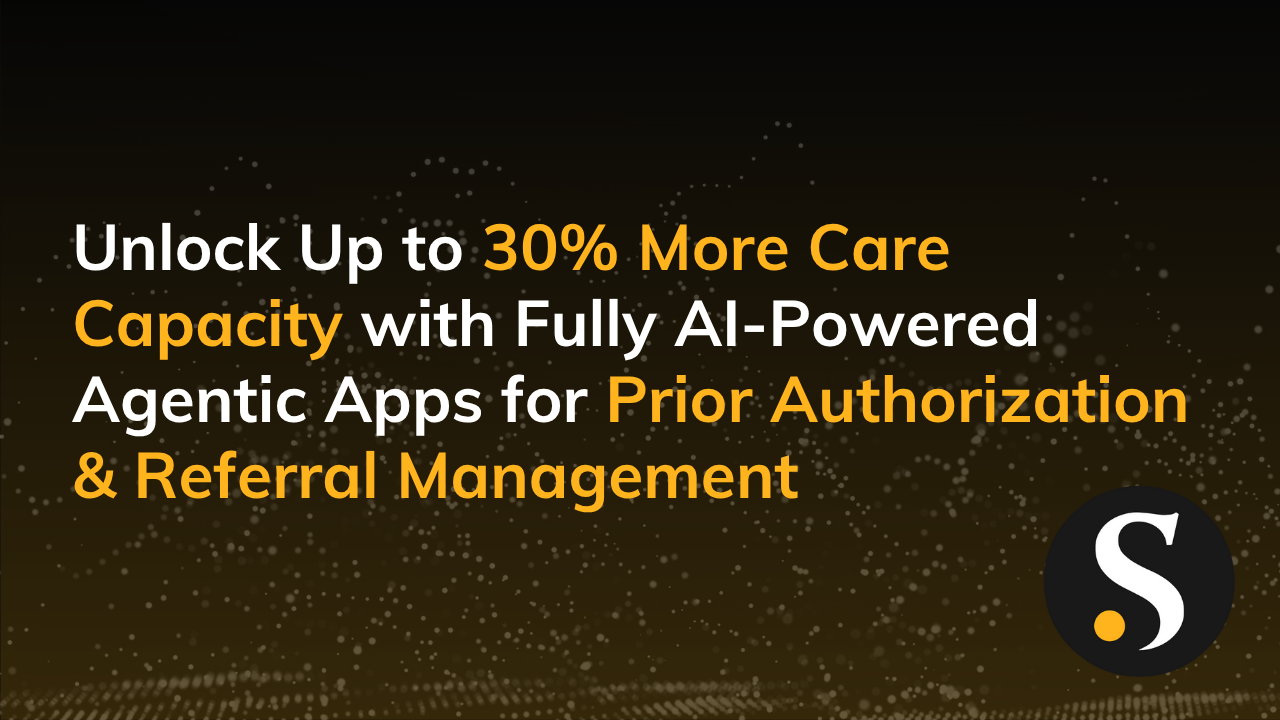Senior living operators are under increasing pressure to maintain high occupancy rates while balancing staffing constraints, stiff competition, and rising resident expectations. As traditional sales and marketing approaches hit their limits, operators are turning to AI agents: intelligent systems that can automate interactions, gather insights, and make data-informed decisions at scale.
Two of the most transformative capabilities these AI agents offer for sales and marketing teams are long-term memory and automated social listening. When applied strategically, these features do more than just automate workflows — they continuously learn and optimize your marketing and sales strategies over time, ultimately helping your teams convert more leads into residents.
What Is Long-Term Memory in AI Agents?
Most people are familiar with chatbots that can answer FAQs or help schedule a tour. But these tools often operate in silos, without remembering past interactions. In contrast, AI agents with long-term memory function more like seasoned sales representatives: they are capable of remembering individual conversations, preferences, and outcomes over time.
In senior living, that means an AI agent can:
- Recall prior touchpoints with a prospective resident or family member
- Track which services or amenities they expressed interest in
- Recognize patterns in questions or hesitations (e.g., concerns about cost, safety, or availability)
- Feed this information back to sales and marketing systems in real time
This persistent memory allows the AI to intimately personalize future conversations with residents or prospects, avoiding repetitive or generic responses. Just as importantly, it surfaces rich behavioral data for your marketing team. You’re no longer relying on anecdotal feedback from sales staff — you have structured, contextual insights captured automatically from every inquiry, form submission, or chat interaction.
Over time, these insights become a goldmine. You can segment your audience based on:
- Care level interest (independent living vs. memory care)
- Common objections (pricing, location, dining quality)
- Stage of decision-making (early research vs. move-in ready)
Your marketing team can then craft campaigns that speak directly to each segment’s needs, improving conversion rates and reducing cost per lead.
For example, imagine a prospect who inquired six months ago about memory care, but wasn’t ready to make a decision. When they re-engage, the AI agent instantly recalls their previous concerns about transitioning a loved one and the specific amenities they were interested in, allowing for a deeply personalized follow-up. And, you could proactively offer new, relevant information, such as an upcoming webinar on dementia care, or a virtual tour of the memory care wing.
How Long-Term Memory Fuels Better Ad Campaigns
Imagine running a series of digital ads across Google and Facebook to promote your memory care offerings. In a traditional setup, you might target based on basic demographics or page visits.
But with AI-powered long-term memory, your strategy can evolve. Now, your campaigns can be informed by:
- Actual conversations that AI agents have had with thousands of families
- The keywords and concerns they’ve expressed
- Which features (e.g., secure outdoor spaces, 24/7 staffing) consistently drive engagement
With this feedback loop in place, your team can iterate faster:
- Ads that underperform can be retired quickly
- Headlines and messaging that resonate (e.g., “Peace of mind for families facing dementia”) can be amplified
- Follow-up email sequences can align more closely with what prospects have told the AI agent directly
The result is a smarter, more agile campaign engine that adapts in real time, and helps drive more qualified inquiries that are closer to converting.
Automated Social Listening: Your Competitive Advantage
While AI agents handle direct interactions with residents and prospects, you can expand your visibility into what prospects and residents are saying across the broader digital landscape with automated social listening. Using natural language processing (NLP), these tools scan online reviews, forums, social media, and competitor content to extract insights you’d otherwise miss.
In the senior living space, sentiment can shift quickly — especially when tied to staff changes, safety incidents, or local competition. Social listening tools can alert you to:
- Spikes in negative reviews mentioning food quality or cleanliness
- Positive sentiment tied to specific events or staff
- Discussions about competitor pricing, availability, or service issues
These real-time insights enable marketers to respond proactively:
- Identifying unmet needs or desires that your communities could fulfill, leading to new service development
- If a competitor gets negative press, you can run ads emphasizing your own community’s strengths
- If families are consistently praising your memory care staff, highlight that in landing pages and remarketing ads
- If there’s rising anxiety about affordability, build campaigns around flexible pricing or financial assistance
Social listening also helps you understand your community’s brand perception over time. Are families viewing you as modern and innovative, or dated and impersonal? Are your amenities seen as valuable or overpriced? With AI doing the analysis, you get clear summaries, not overwhelming data.
Closing the Loop by Uniting AI Memory With Social Listening
The true power of AI in sales and marketing lies in closing the loop between data collection and campaign execution. When AI agents with long-term memory interact with prospects, and social listening tools monitor public sentiment, both are generating high-value signals.
When seamlessly integrated with your CRM and advertising platforms, those signals allow you to:
- Build dynamic audience segments based on behavior, not just demographics
- Personalize outreach across email, SMS, and retargeting channels
- Rapidly test and refine messaging based on real-world intent and sentiment
- Identify which campaigns are driving tour bookings and move-ins, not just clicks
For example, say your AI agent notices that a growing number of families are asking about pet-friendly policies. Social listening confirms that nearby competitors don’t allow pets, and there’s online frustration about it. Your marketing team can quickly spin up a campaign promoting your pet-friendly amenities, using real quotes from families as testimonials. This is how AI insights can help you drive smarter, data-backed decisions at every stage of the marketing and sales funnel, ultimately helping you fill vacant units.
The Future of Sales and Marketing in Senior Living Is Conversational, Continuous, and Context-Aware
Senior living communities aren’t just selling amenities — they’re building trust with families making life-changing decisions. That requires a new level of responsiveness, empathy, and data-driven personalization that traditional tools simply can’t deliver.
AI agents with long-term memory and automated social listening empower your sales and marketing teams to work smarter. They transform one-off interactions into ongoing relationships, surface real-time insights from family conversations and public sentiment, and close the loop between prospect intent and campaign execution.
Skypoint’s AI agents are purpose-built for the senior living industry. From understanding care-level preferences to identifying emerging trends across your brand’s digital footprint, our platform helps you anticipate what families need and deliver the right message at the right time.
Ready to increase occupancy with AI that listens, learns, and acts? Get a demo of Skypoint’s AI Platform and see how our agents can help your communities stay full, focused, and future-ready.




